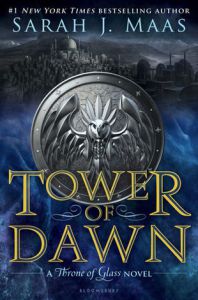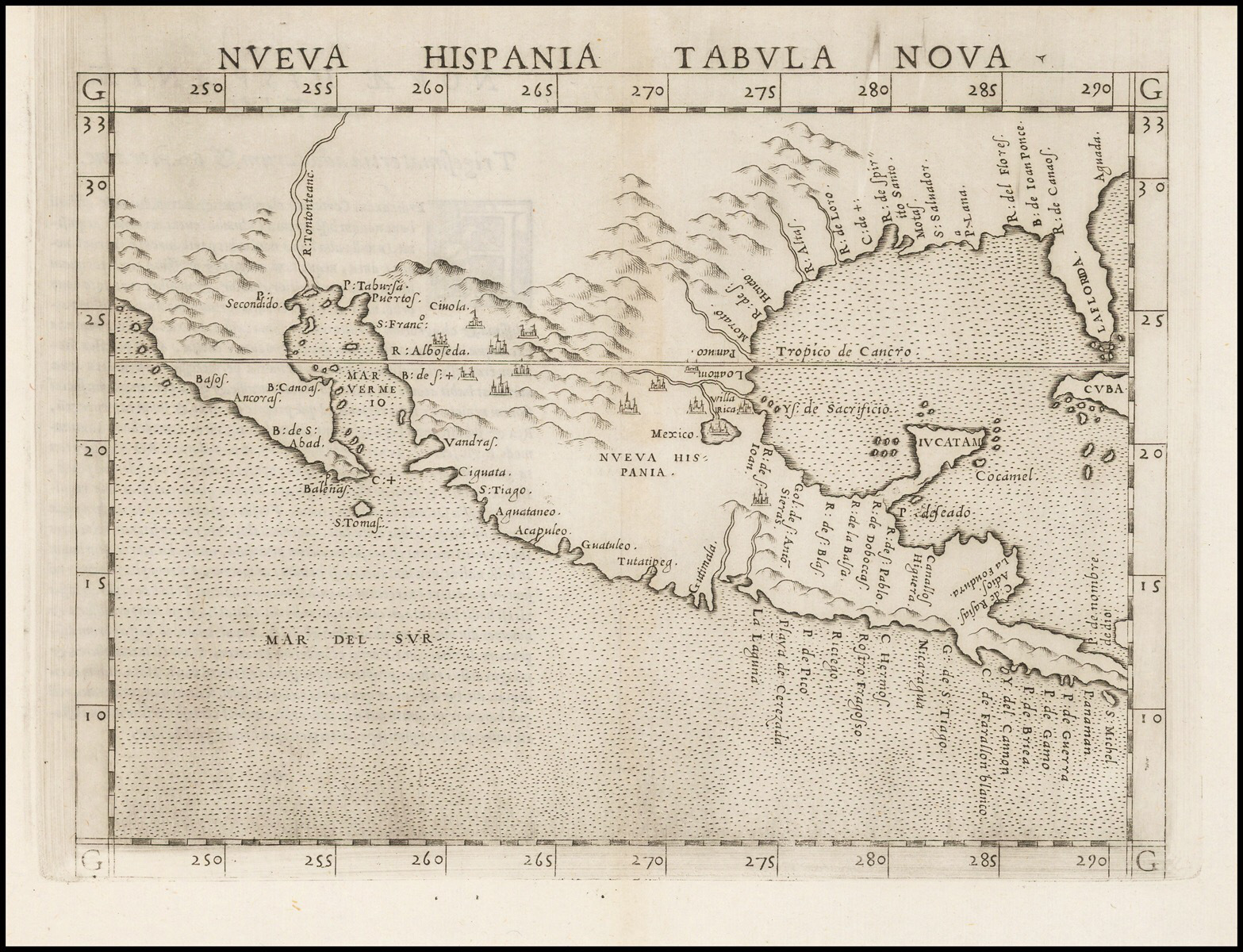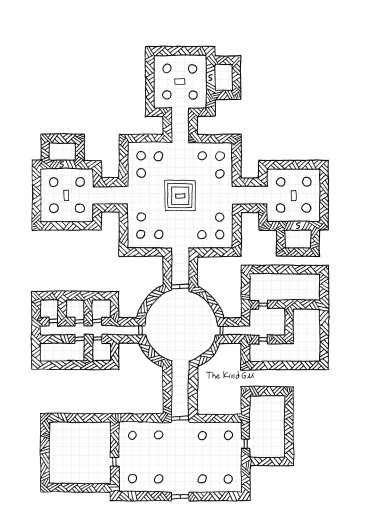Whenever a bemused Russian has asked me “why Russia?”, my eyes light up and I respond eagerly: “I have dreamed of visiting Russia in the Winter since I was a little girl because of the art, the history, the literature and the movements which intertwine them: Tolstoy, Chekhov, Dostoevsky, Pushkin, Catherine the Great, the Trans-Siberian, Repin, Fabergé, Blok, the Winter Palace… you name it”. If I was to ever be exact with my response and narrow it down to one thing, it would be due to my great love for realism and the philosophies of my most beloved teacher, Leo Tolstoy. He, himself, beautifully encapsulates the intricacies of this nation’s identity.
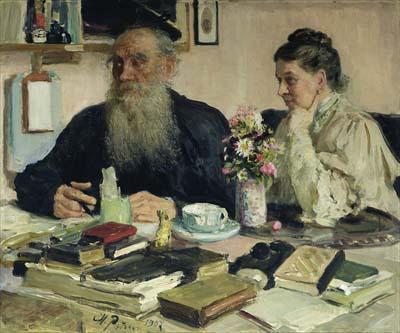
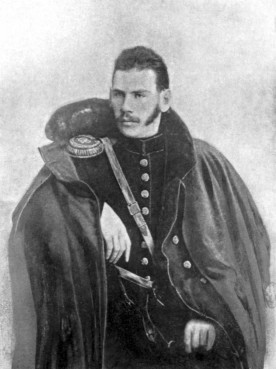
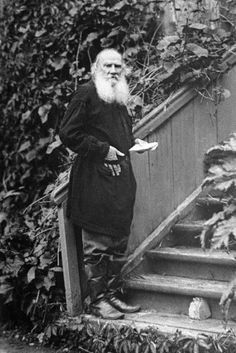
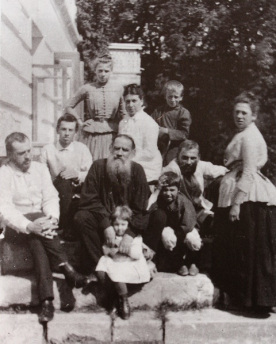
Because of the actual beauty Tolstoy infused in his writing and teachings, I knew there was a deep beauty within Russia I was very curious about. A beauty hardly any Westerner bothers to explore. While living in Moscow the first time, I befriended a quiet, inquisitive man named Dmitriy. We shared similar values and a common intellect, so a bond easily formed. Dmitry’s family lives in Tula, the province where Tolstoy’s Yasnaya Polyana estate is situated. Tolstoy called this place his “inaccessible literary stronghold” where he produced his most notable works from and his family lived there for generations. I was invited to stay at Dmitry’s family home and thus, this allowed me to visit Yasnaya Polyana. I, of course, happily accepted. For Dmitry’s generosity and the opportunity he provided me with, I am deeply humbled. This is something I will never forget.
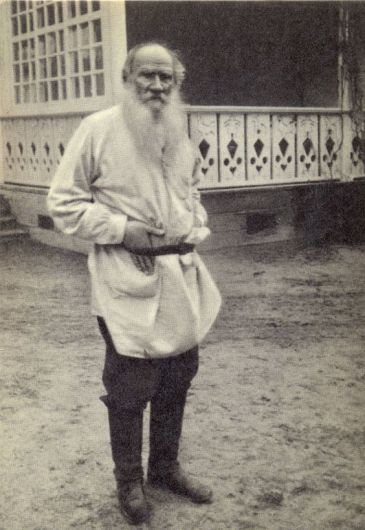 alt=”Leo Tolstoy”
alt=”Leo Tolstoy” 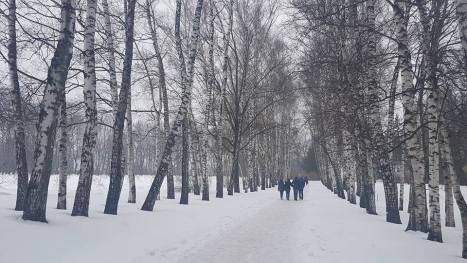
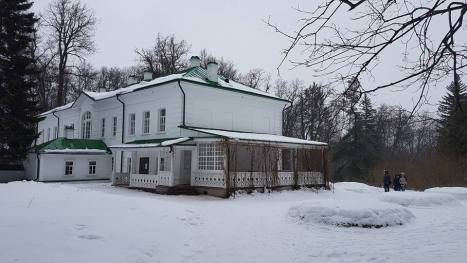
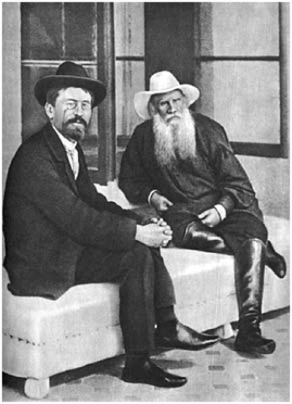

Retreating to the grand estate of where Tolstoy was raised, I greatly respected and appreciated the magic and intimacy it possessed. With the snow laden ponds, the expanse of symbolic white-trunk birch trees, the authentic wooden huts, little children giggling as they pass you on horse and sleigh, the naked apple orchards and the serenity of nature. Being there felt sacred as well as completely and utterly surreal. Yasnaya Polyana has a soul and an energy you feel with every fibre of your being. To have immersed myself in the energy and awe of this place, of Tolstoy and the atmosphere, takes my breath away and fills me with adulation.
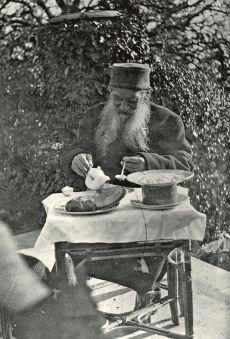 alt=”Leo Tolstoy”
alt=”Leo Tolstoy” 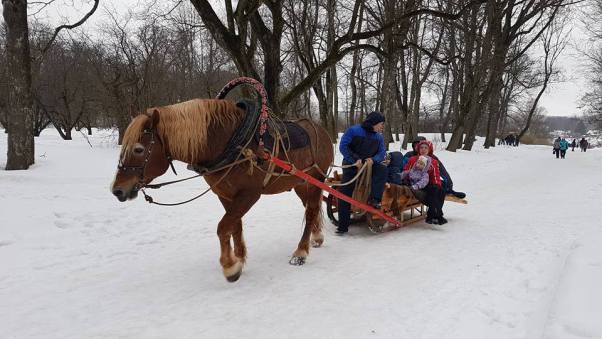
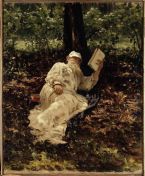

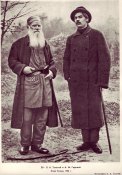
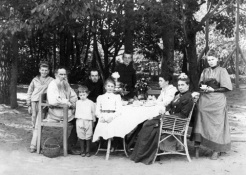
In the last few years of his life, Tolstoy dictated to his secretary, N.N. Gusev, he wanted to be buried at Yasnaya Polyana: “there should be no ceremonies while burying my body; a wooden coffin, and let anybody who will be willing to take it to the Old Zakaz forest, to the place of the little green stick, by the ravine. At least, there’s a reason for selecting that and no other place”. As Tolstoy said this, Gusev observed there were tears in his eyes. The mythology of the little green stick seems very fitting for a place like this. Deep in a soft, snow-filled forest at the end of winter, the enchanted tomb lies silently before a cascading, snow-capped ravine enclosed by an interstitial network of trees. Both romantically idyllic and elegiac, it resonates with the mesmeric poignancy of a nostalgic reminiscence or a lucid dream.
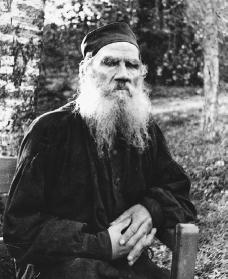
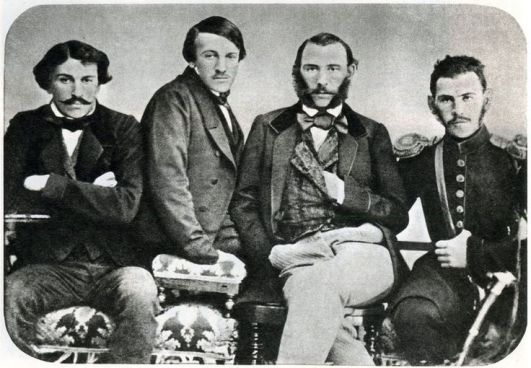
It was Tolstoy’s most beloved eldest brother, Nikolai, who narrated the story of the little green stick to him and his siblings as a child. When Nikolai was 12 years old, he once told his family he held a great secret that could make all men everlastingly happy. If it could be revealed, nobody would die any more, there would be no wars or illnesses and nothing untoward in the world. Everyone would love one another and become “Ant Brothers”. The catch was one needed to find a little green stick, buried on the edge of the ravine in Old Zakaz, as the secret to cure ills of man was inscribed.

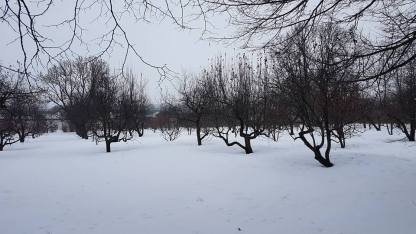
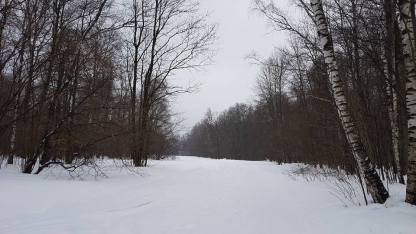
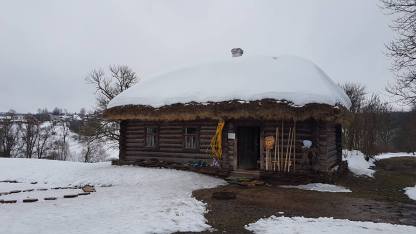
Playing the game of the “Ant Brotherhood”, the five Tolstoy children settled under armchairs covered with shawls, sitting there and snuggling up together, tenderly discussing the necessities for happiness and how they would love others if they were to find the magic stick. When he was over seventy years of age, Tolstoy reminisced about the world which they created: “it was so very good, and I am grateful to God that I could play like that. We called it a game, though anything in the world is a game except that”. “The ideal of Ant Brothers clinging lovingly to one another, only not under two armchairs curtained by shawls, but of all the people of the world under the wide dome of heaven, has remained unaltered for me. As I then believed that there was a little green stick whereon was written something which would destroy all evil in men and give them great blessings, so I now believe that such truth exists among people and will be revealed to them and will give them what it promises.”
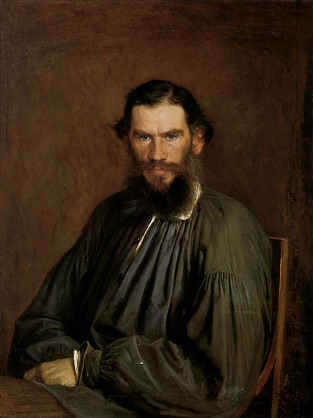
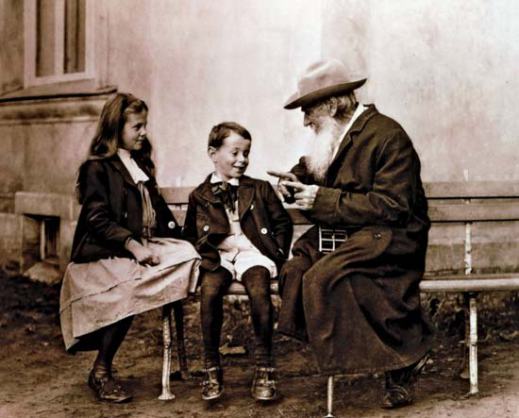
Leo Tolstoy’s grave seems simple: a mound on the edge of the ravine, neither tombstone nor cross. But this grave, as well as the peace and quiet of the old forest and the tranquility of the entire estate, can tell us a lot about Tolstoy and his understanding of life and death. His undying loyalty to the little green stick is a tribute to his entire character.
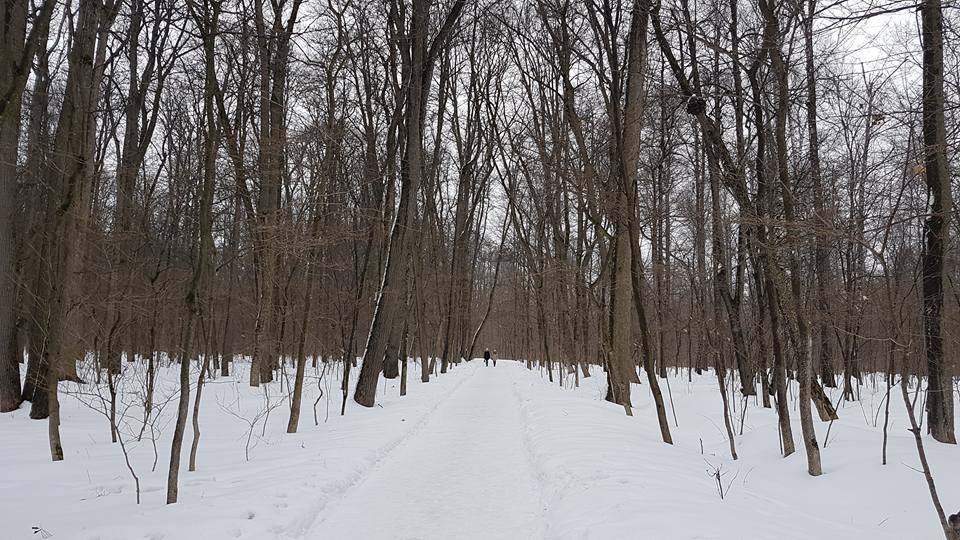 The pathway leading towards Tolstoy’s grave and the little green stick.
Share this:
The pathway leading towards Tolstoy’s grave and the little green stick.
Share this:- More


